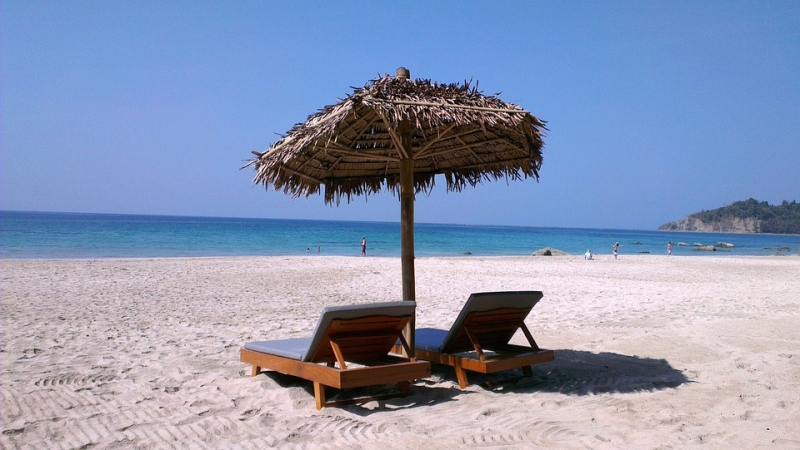Mankind has not been doing so well recently.
In 2016, Amnesty International remarked that the world had “reached a nadir” for human rights, and highlighted countries they believed were responsible for the harshest treatment of people. Indeed, although the human rights movement has improved by leaps and bounds in the last century, there is still much to be desired when considering the fair treatment of all communities.
Aside from human rights, ethical considerations must also extend to animals and the environment – and many countries do fall short of acceptable standards. Consequently, travelers are sometimes faced with an ethical dilemma, and experience dissonance when deciding whether or not to visit a particular country.
Why does it matter?
Does it mean anything to you if the Canadian ambassador to Malaysia posts photos of his private holiday on a beach in Myanmar?
Some of you may not have given this piece of news a second look, while others may have felt enraged by such a declaration. The unsuspecting ambassador did in fact, face a backlash on Twitter for his insensitivity, and was forced to remove his post.
To provide some context, Myanmar is once again in the spotlight for the Army’s persecution of Rohingya people. The crisis first started in the late 1970s and since then, more than one million Rohingyas have been forced to flee the country as refugees. In 2015, the situation escalated to reach new levels of violence, and the United Nations has condemned the country for their ‘ethnic cleansing’. The Myanmar government has remained apathetic towards this aggression, and been condemned by the international community for their lack of interference.
Many then feel that a boycott to the country is necessary, and this bottom-up sanction will jolt the government into taking action. Furthermore, a continued support of the tourism industry could be seen as an implicit support of the country’s actions, as revenue generated is thought to fuel the situation.
Even though this seems fairly logical, it leaves one to wonder – would a boycott make any actual difference?
Why it should not matter

Image credit: (stephan)
Despite their best efforts, governments are likely to not be able to adhere to the complete set of human and animal rights. Whether the government is active in executing discriminatory plans, or passive in condoning such actions, they tend to enable the perpetuation of unethical behaviour. Since there are so many countries and no fixed standard, there is a huge grey area when determining what countries are decent enough, and which are too unacceptable.
Is it fine to go to Japan, even though they hunt endangered sea mammals like whales and sea lions? What about the popular but elusive trip to North Korea, where the authoritarian regime has oppressed citizens for decades? Every country is culpable for the infringement of some rights, and it is not practical to boycott all of them.
Furthermore, experts have observed that while boycotts can be powerful to cease operations of unethical operators, they are not consequential enough to influence the politics of the government. Instead, a decrease in number of visitors will hit humble communities the hardest, and they will bear the brunt of the loss of revenue. This is not what you want to be doing. Hence, even if you do not agree with some of the political or ethical decisions that have been made by the country, don’t boycott it altogether.
What should you do? Don’t give up your holidays, of course!
Don’t give up your holidays, of course!
Instead of being repulsed and boycotting travel altogether, travelers should be mindful of the issues plaguing their travel destination, and make the effort to not support it. The onus for responsible and ethical travelling falls on individuals, and it is possible to still maintain this stand without extending the boycott to entire countries.
If it is important to you, do your research and find out what industries and services employ ethical practices for both humans and animals. In addition, source for more locally-owned businesses to ensure that your money largely goes to them, instead of the government. Travel will not only help to stimulate their economies, but also garners awareness about the country and draws attention to issues that do need to be addressed. It’s a win-win!




